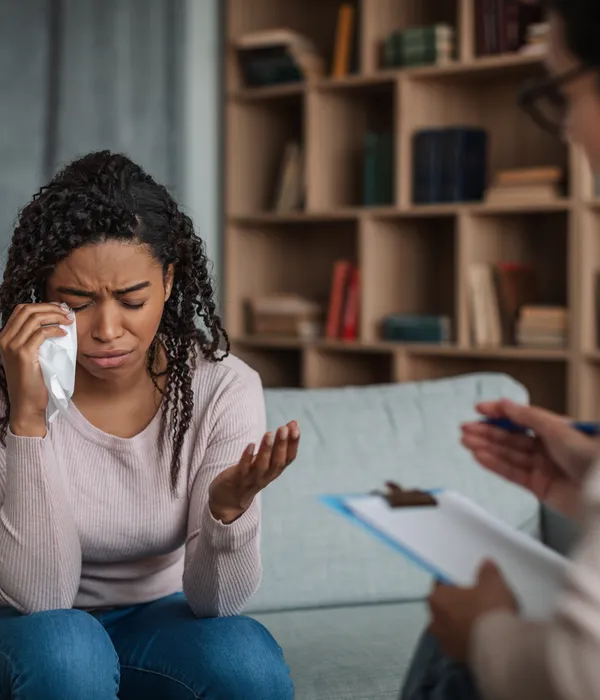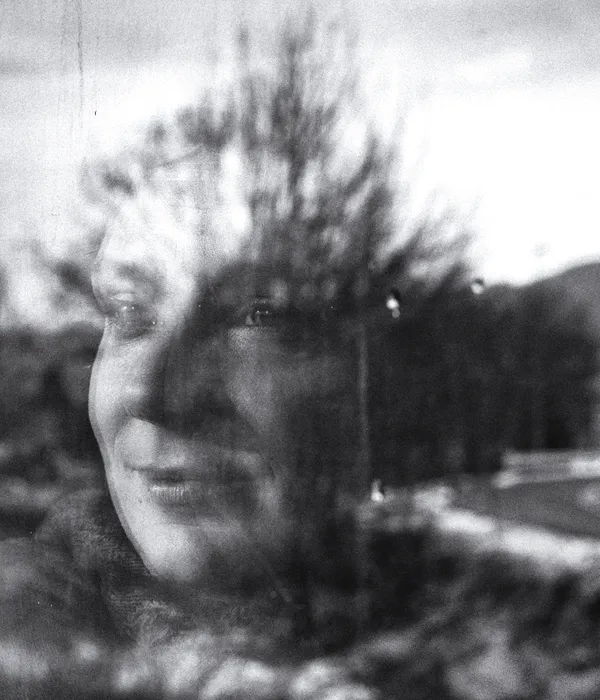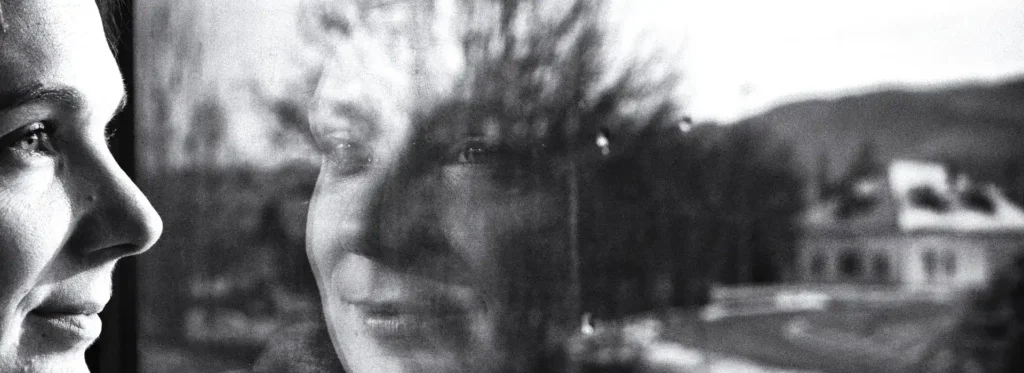Alcohol Addiction Treatment Los Angeles
Taking the First Step Toward Recovery
Searching for alcohol addiction treatment in Los Angeles can feel scary, especially when you don’t know where to start. Los Angeles is home to a diverse range of addiction treatment programs. Here at Lost Angels, we combine evidence-based therapies with mental health support to treat the whole person.

Inpatient vs Outpatient Treatment for Sobriety
Choosing between inpatient and outpatient addiction treatment depends on the severity of the addiction and your overall health. Inpatient rehab offers 24/7 care in a supportive and structured environment, which is ideal for those with severe addiction issues or limited outside support.
Outpatient treatment, on the other hand, provides flexibility. You can continue with work, school, or family obligations while attending sessions during the day or evening. Intensive outpatient and partial hospitalization programs offer higher levels of care for those who need more structure than standard outpatient services.
Many people begin with inpatient rehab and later move into outpatient treatment as part of a comprehensive treatment plan. Whether you choose residential treatment or outpatient care, the goal is the same: building a foundation for lasting sobriety.
Support for Mental Health and Dual Diagnosis
Many people facing alcoholism also experience co-occurring mental health disorders, a condition known as dual diagnosis. Dual diagnosis treatment centers specialize in integrated care that addresses both issues together.
Your recovery journey should start with a clear understanding of what you’re facing. Most programs begin with a thorough psychiatric evaluation. This helps identify any underlying mental health conditions. These evaluations also allow your care team to create a treatment plan that’s right for you and your overall well-being.
When addiction and mental health issues are treated together, healing becomes more sustainable. Dual diagnosis programs blend therapies based on your personal history and symptoms. This might include medications, talk therapy, or strategies that support day-to-day coping. The goal is to help you find stability and feel more like yourself again.
Recovery can feel less overwhelming when you have a strong support system. At dual diagnosis facilities, psychiatrists, therapists, and addiction counselors work as a team to guide you. They understand how complex this process can be and are there to support you with care that’s thoughtful and responsive to how you’re doing.
Many people turn to substances after experiencing trauma, and it’s important to feel safe when opening up about that pain. Trauma-informed care is built on empathy, not judgment. These approaches create an environment where you feel heard and ready to take steps forward at your own pace.
Therapies in Addiction Treatment Programs
Cognitive Behavioral Therapy (CBT)
CBT is one of the most widely used therapies in addiction treatment. It helps you understand how certain thoughts and beliefs influence your behavior, especially when those patterns feel stuck or harmful. With the right support, CBT can make it easier to challenge those thoughts and develop healthier ways of coping.


Dialectical Behavior Therapy (DBT)
When emotions feel intense or hard to manage, DBT can offer tools to help you slow down and respond with more clarity. It’s great for those who are dealing with both substance use and mental health struggles. This therapy gives you space to practice emotional regulation and reduce distress without feeling overwhelmed.
Motivational Interviewing
Sometimes, finding the motivation to change can feel like a battle. Motivational Interviewing (MI) is a collaborative process that helps you tap into your reasons for seeking recovery. This therapy helps you overcome addiction and build momentum as you move forward.


Group and Family Therapy
Connection matters. Group therapy offers a space where you can connect with others who understand what you’re going through. Family therapy helps rebuild trust and communication with the people you care about most. These supportive environments can make a real difference as you work toward long-term recovery.
Aftercare and Sober Living After Substance Abuse Treatment
Recovery does not stop once a treatment program ends. Many treatment centers continue to walk with you through this next chapter.
A sober living home provides a structured yet flexible environment where you can continue your recovery journey surrounded by others who understand. These homes serve as a bridge between inpatient rehab and full independence.
Recovery has its ups and downs. Relapse prevention programs are here to help you prepare for those tougher moments. You’ll learn how to recognize early warning signs, respond in healthier ways, and regain your footing if things start to feel shaky.
Staying connected with people who get it is also important for recovery. Alumni programs offer ways to stay in touch with your recovery community through group support or peer mentorship.
Options like yoga, mindfulness, and art therapy promote healing for both body and mind. These practices can help support your sobriety and overall well-being. They’re also gentle ways to stay connected to your healing beyond traditional talk therapy.
Detox and Medication-Assisted Treatment (MAT)
Alcohol detox is the starting point of your recovery, and it’s one of the most vulnerable stages. A detox center ensures medical support during withdrawal symptoms. Remember that a comfortable detox experience sets the stage for deeper therapeutic work.
Los Angeles detox programs often include 24/7 monitoring and supervised medication to minimize discomfort. Some people may transition to a residential treatment center or outpatient program after detox, depending on their needs.
Medication-assisted treatment (MAT) is another layer of support. MAT uses medications alongside behavioral therapy to reduce cravings and lower relapse rates. This evidence-based approach is especially helpful for people who have experienced relapse or are dealing with strong urges.

Paying for Alcohol Addiction Treatment in Los Angeles
No one should have to delay or avoid treatment because of finances. Many rehab centers understand that cost can be a major concern, and they offer a variety of ways to help you get the care you need.
Insurance Coverage and Verification
If you have insurance, there’s a good chance it can help cover the cost of treatment. Many facilities will walk you through the verification process and explain what your plan includes, whether it’s detox services, residential care, or outpatient therapy.
Sliding Scale and Payment Plans
If insurance isn’t an option, that doesn’t mean treatment is out of reach. Some centers offer fees based on your income or payment plans that give you more time to manage the cost. These programs can be built with your budget in mind, so you can focus on getting better.
State and County Resources
Los Angeles County offers publicly funded services to help residents who need support but may not have the means to pay. These programs can include everything from detox to long-term care. If you’re unsure where to start, a local treatment provider can help guide you to available resources.
Scholarships and Grants
Some treatment centers offer scholarship spots or grant-funded care to ease the financial burden. Admissions teams are often happy to help you explore these options and explain how to apply. A conversation could open a door you didn’t know was there.
Choosing the Right Treatment Center
Choosing the right rehab center can significantly impact your recovery journey. Look for one that offers comprehensive care tailored to your needs and preferences.
A reputable facility should be accredited by recognized organizations like The Joint Commission. Licensing means the staff and facility meet state safety and care requirements. This can provide you with peace of mind as you begin treatment.
No two people heal in the same way. The best treatment centers listen to your story and build a care plan that reflects what matters to you. As you grow, your plan should grow with you.
From luxury rehab settings to community-based programs, Los Angeles has something for everyone. The right setting contributes to a serene and supportive environment that promotes healing.

Alcohol Addiction Rehab in Los Angeles
At Lost Angels Recovery Center in Los Angeles, we understand how hard it can be to take that first step toward healing. Our team of healthcare professionals is ready to support you with care that’s grounded in empathy and expertise.
We also know that addiction and mental health are often deeply connected. As such, each substance abuse treatment plan will be personalized to your situation. Our team will also provide continued drug and alcohol support through an aftercare program.
Your path to recovery should reflect your story, and we’re here to help you build a safe and steady life. Reach out to us to know more.
Related Treatments
Frequently Asked Questions
Can I keep my job while going through alcohol addiction treatment?
Yes. Many centers in Los Angeles offer flexible outpatient treatment options, like intensive outpatient programs that allow you to work while in treatment. Protected leave under the Family and Medical Leave Act of 1993 may also apply.
Is it possible to attend alcohol treatment discreetly in Los Angeles?
Absolutely. Addiction treatment in Los Angeles often includes private therapy, telehealth sessions, and confidential admissions. Many luxury rehab centers specialize in discreet care.
Are there alcohol addiction programs for LGBTQ+ individuals in Los Angeles?
Yes. Some treatment centers in Los Angeles provide inclusive programs specifically for LGBTQ+ individuals, offering specialized support for addiction and mental health concerns.
Can I bring my pet to alcohol rehab in Los Angeles?
A few residential programs allow pets because they provide emotional support. Each alcohol or drug rehab facility has its own rules, so it’s best to confirm directly with the center.
Do rehab centers in Los Angeles offer virtual or telehealth services?
Yes. Virtual outpatient programs, individual therapy, and group counseling are widely available, making it easier to get help without disrupting your daily routine.
Are there faith-based alcohol treatment programs in Los Angeles?
Yes. Some programs include faith-based components alongside traditional therapies, integrating spiritual growth with recovery from addiction.







